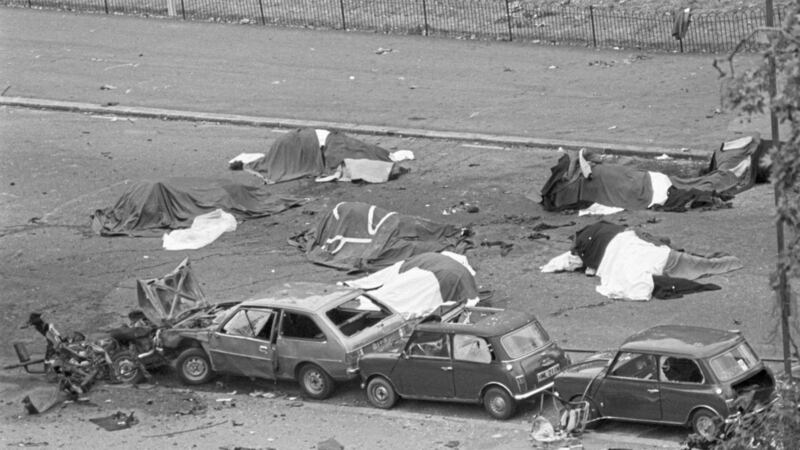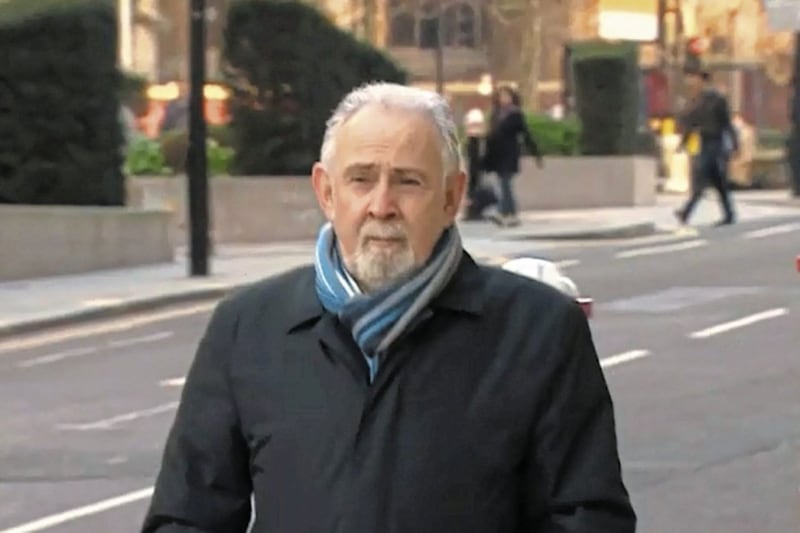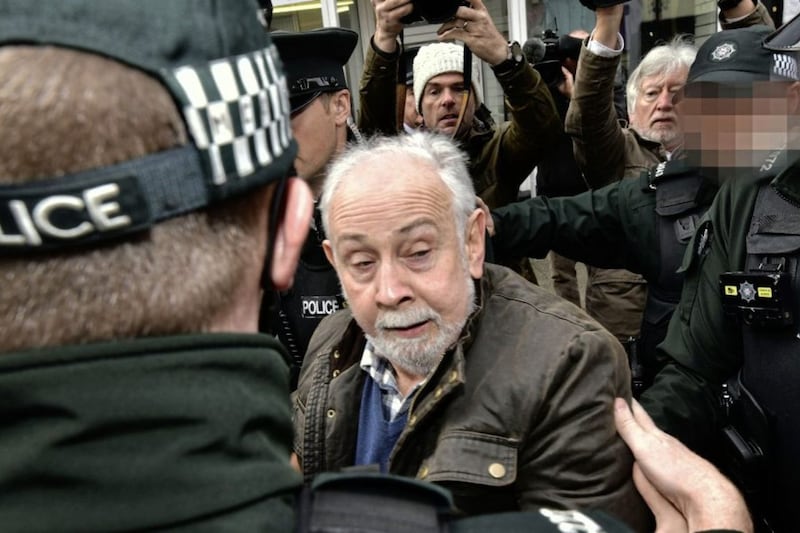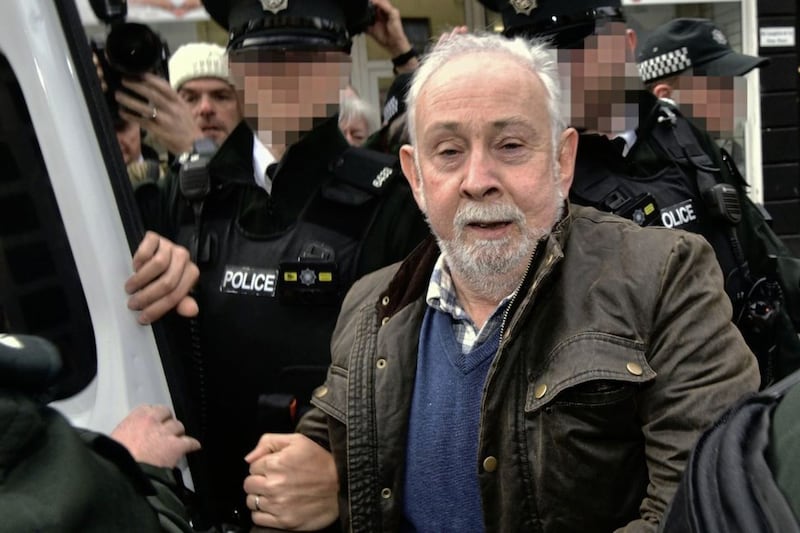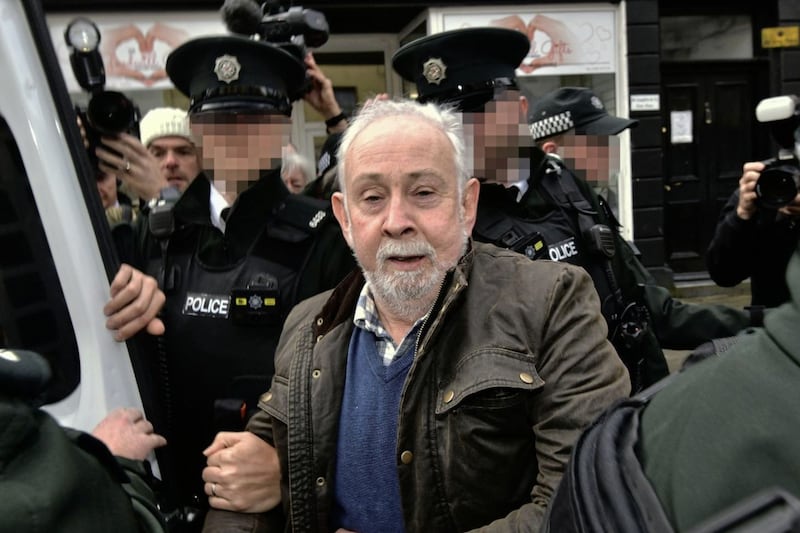A survivor of the Hyde Park bombing has described the explosion which killed four of his fellow soldiers.
Simon Utley, (18) was riding through the central London park on his first guard duty with the Household Cavalry when an IRA car bomb exploded on July 20 1982.
The blast killed squadron quartermaster corporal Roy Bright, (36), lieutenant Dennis Daly, (23) trooper Simon Tipper, (19) and lance corporal Jeffrey Young, also 19, as they rode to attend the changing of the guard.
Mr Young's daughter, Sarah is bringing a High Court action on behalf of a number of the victims' relatives against convicted IRA member John Downey over the attack.
Giving evidence in London on Wednesday, Mr Utley's voice wavered with emotion as he told the court what happened at the time of the blast.
"I was riding along, it was my first guard so I was excited," he said.
"I remember I was talking to the guy to my left, just asking about what I would be doing later on... and then the bomb went off.
"It was a noise that I can't describe, but it was a painful noise because it took my eardrum out.
"Then I was aware of the heat and at that point my horse just took off into Hyde Park.
"I couldn't stop it, it just galloped off with me on it. It took me a fair way into the park before I managed to stop it."
Mr Utley said he saw there was a hole "the size of a dustbin lid" in the left-hand side of his horse, which later had to be put down.
He described looking towards the scene of the explosion, adding: "I turned round and all I could see was black smoke just billowing, because I was quite a distance away."
Mr Utley described removing his uniform and finding a nail in his breast plate, and became upset as he added: "I just didn't know what to do."
He said he was eventually taken back to the barracks in a minibus before being transferred to hospital, where he had an operation to treat a shrapnel wound to his side.
He said he remained in hospital for three or four days and later returned to his duties after undergoing a further operation to repair his eardrum and rehabilitation.
Mr Utley told the court that members of the Household Cavalry continue to pay their respects to those who were killed during the course of their daily duties.
"To this day, they recognise the site as they are coming down the road.
"The ordinary officer on the day will give the order to carry swords and then an order will be given to give an eyes left to the memorial on the left-hand side."
